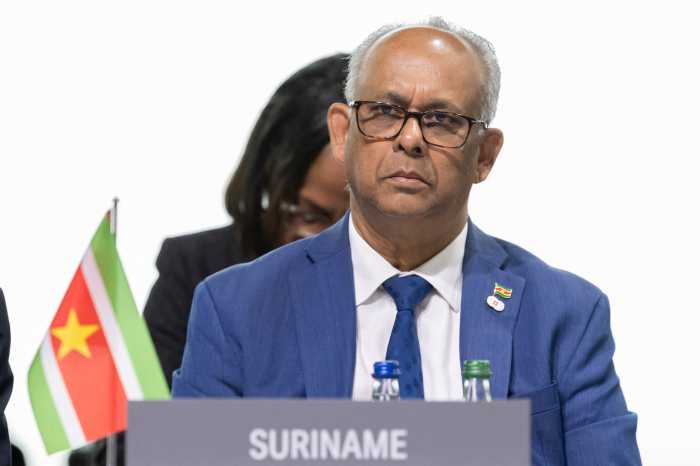The nine-nation Organization of Eastern Caribbean States (OECS) will establish an umbrella body to oversee the highly controversial but cash-providing foreign dollars for local passport scheme arguing that it is better to harmonize the system than have individual islands do their own thing with all the global controversy swirling around it.
Antiguan Prime Minister Gaston Browne said this week that the time had come for a comprehensive review of the system given major hiccups in various countries about the Citizenship by Investment Program (CIP) where foreigners pay or invest specified sums to obtain a local passport and citizenship.
Several western nations have complained about the inability of the smaller nations to properly scrutinize the backgrounds of some of those applying as it has turned out that many have done so to escape criminal prosecutions back home.
Grenada, Dominica, Antigua, St. Kitts and St. Lucia all have active CIP schemes in place with applicants paying or investing up to $3M in real estate or other programs in the region in exchange for passports and citizenship awards. The fees in some countries are drastically lower.
“We have held discussions with the various leaders within the OECS, and they have all agreed it’s now for the technicians to put the logistics together to ensure there is full cooperation and harmonization going forward,” Browne told the local Observer Newspaper. “These things do not happen overnight, and when you are dealing with like five different countries, it will take some time to materialize.”
The Caribbean program took a tremendous hit several times this year especially when CBS’s famed 60 Minutes program took a comprehensive look at the CIP. It was particularly embarrassing when Dominican Opposition Leader Lennox Linton said that applicants to his country’s program “do not have to even set foot” on the island but could apply electronically. Many have also never even visited Dominica but travel on national passports and are citizens, eligible to live anywhere in the bloc of nations which allow for free movement of Caribbean nationals.
PM Browne, who was also featured on the 60 Minutes program says that a position paper is being drawn up at the moment and the OECS will meet in the very near future and make a determination on the way forward.
The Democratic National Alliance (DNA), a small party in Antigua planning to compete in general elections expected in early 2019, had suggested that authorities should proceed with a regional commission to govern the CIP, especially because some of the newer entrants the program have been reducing the minimum dollar investment ceiling to attract clients. ‘
Others like Antigua itself have reduced processing fees by up to 50 percent to make it easier and more attractive for foreigners to apply.
“The CIP remains a vexing issue for a majority of the public, yet the government has refused to listen to our concerns and recommendations,” said DNA Leader Joanne Massiah. “The DNA views the purported justification for the markdown as nothing more than the government’s ongoing practice to deceive the country. “It heightens suspicion as to why the government operates the CIP program with so much secrecy hat is eventually exposed.”
Of the major OECS nations, St. Vincent and the Grenadines under four-term Prime Minister Ralph Gonsalves has steadfastly refused to sign on, saying island citizenship is not for sale.
Many of the governments participating in the scheme have at one time or the other been forced to pull back passports and revoke citizenship of a few holders as these have run into problems with police once they land in other jurisdictions with state of the art criminal data base systems.
And just this week Prime Minister Keith Mitchell of Grenada was forced to deny an international blog story that one of the marketing firms for Grenada’s program had refunded $1M to a Ukrainian businessman after he was denied a diplomatic passport as promised.

























